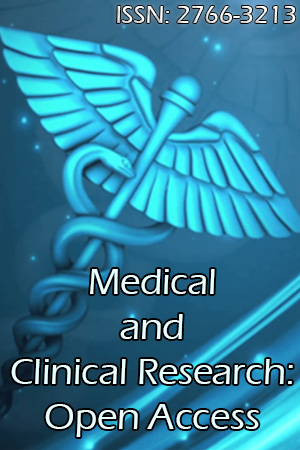Hypofractionated Radiotherapy in Young Women with Early-Stage Breast Cancer: Impact on Recurrence-Free Survival and Skin Toxicity
HASSANI WissalUniversity, Lazaar Loubna, Khalif Samia, Soussy Kaoutar, Farhane Fatimazahra, Alami Zenab, Bouhafa Touria.
Background: Breast cancer in young women (<40 years) is associated with delayed diagnosis, aggressive tumor biology, and poorer outcomes compared to older patients. Hypofractionated radiotherapy (HF-WBI) has emerged as an effective alternative to conventional fractionation, but its use in younger populations remains debated due to concerns about long-term toxicity.
Methods: This retrospective study analyzed 231 young breast cancer patients treated at Hassan II University Hospital, Fès, Morocco (2012–2023). Patients received HF-WBI (42 Gy in 15 fractions) following surgery. Outcomes included recurrence-free survival, skin toxicity, and overall survival. Results: The mean age at diagnosis was 31.9 years, with a mean tumor size of 4.6 cm. Most tumors were invasive ductal carcinomas (80%) and hormone receptor-positive (65.8%). Acute skin toxicities occurred in 21.6% of patients (Grade 1: 38 cases; Grade 2: 10 cases), with no late toxicities reported. After a median follow-up of 6 years, the 5-year overall survival rate was 63%, and 151 patients experienced disease progression, primarily bone metastases.
Conclusion: HF-WBI demonstrated comparable efficacy and acceptable acute toxicity in young women with early-stage breast cancer. Further research is needed to assess long-term effects and optimize personalized treatment strategies for this high-risk group.

